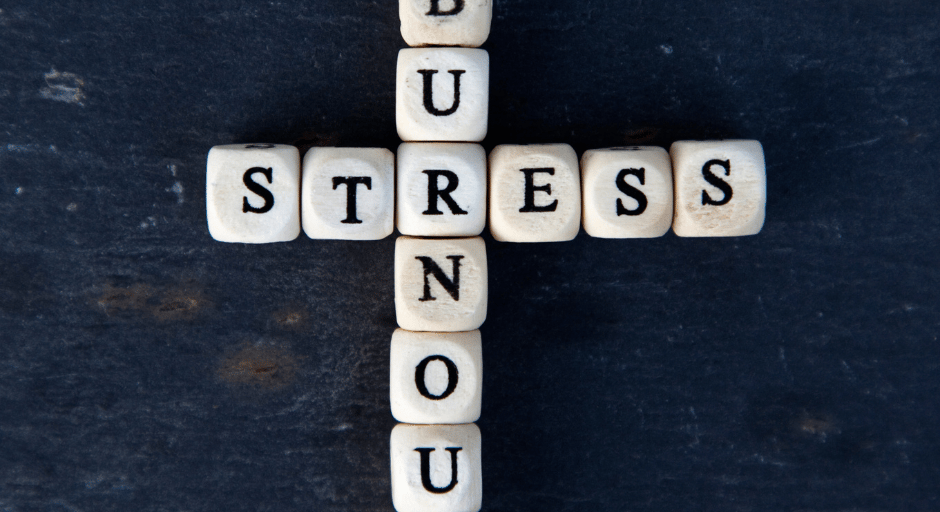The Invisible Weight: How to Recognise Chronic Stress and Reclaim Your Time
ENGLISH
3 min read


Do you feel like you're constantly running, doing everything, yet somehow always falling behind? Welcome to the club of busy, modern parents!
Many people - especially migrants - live today in a state of constant tension that's easy to dismiss as just another item on the "to-do list." But over time, your body starts sending alarm signals... Fatigue, apathy, irritability, increasingly frequent health issues... What then? Or rather... How can we prevent this?
Good pressure vs. overload
Not all pressure is bad. The right level of cortisol, the stress hormone, motivates, drives us forward, and gives us energy. But when pressure becomes too intense and lasts too long, it leads to physical and psychological exhaustion.
Do you feel perpetually tired, can't concentrate, everything irritates you? That's a sign it's time to hit pause.
Why do we always run out of time?
The modern world doesn't make things easier:
Multitasking times a million! - our brains can't handle so many tasks at once, and rapid "switching" only increases stress
The culture of constant availability - notifications, emails, messages from your home country - everything demands your attention
Migration pressure - many migrants work in very demanding conditions, as shown by research on migrants (Kivimäki et al., 2022)
Invisible work - managing life in a new country (NHS, schools, contracts) consumes time and energy
What does chronic stress do to us?
It's not just fatigue. Research shows that migrants more often struggle with symptoms of depression and anxiety (Hasan et al., 2021). Stress can also cause:
Problems with memory and concentration
Irritability, mood swings
Physical symptoms: pain, sleep disorders, decreased immunity, and consequently - illness
Deteriorating relationships with loved ones
How to reclaim peace and time?
Here are some simple tips that will help you right away:
Stop for a moment. Notice how you feel. Feel it, be present with it! Therapists agree: stress comes from "unfelt" emotions! Just one minute is enough - a few breaths, healthy processing of frustration, looking out the window, a sip of tea.
Manage energy, not just time. Set priorities. Block some time for rest in your calendar - just like you would for a meeting with your boss. Learn to say "no" and guard your boundaries, both at work and in your personal life.
Limit multitasking and digital chaos. Turn off notifications. Do one thing at a time (on one screen/device at a time!) as often as you can. In the evening - put your phone away. Research confirms: digital detox works wonders!
Mindfulness - lite version. You don't have to meditate for hours. Try simple breathing exercises, dancing, or really focus on the taste of your food.
Human connection matters! Relationships soothe and heal. Nurture your roots: engaging with culture and local communities (like the European's Welfare Association or R.U.D.A) is a natural anti-stress shield.
Diet and movement - this doesn't need explaining! They may be clichés, but they're just as relevant as they were years ago, nothing has changed in this area: movement - is health and you are what you eat! Version for busy people: regular stairs instead of escalators and something cooked at a restaurant instead of fries...
Put your physiological needs first! This might seem trivial, but it's scientifically backed: our nervous system comes out of survival mode or constant alertness when we go to the bathroom as soon as we feel the need, eat when we feel hungry, drink water when we feel thirsty, sleep when we want to sleep (instead of forcing another coffee into ourselves!). Respect your body and it will quickly repay you with better health and greater peace.
And finally - forget about being the "perfect parent." There's no such thing!
Your well-being isn't an add-on. It's the foundation. Every micro-break and conscious decision to slow down is a step toward a better life - more present, calmer, and truly yours.
With small steps, you can achieve truly great results in a short time! Don't wait until you retire, until you save up to return to your home country, don't wait until next year or even tomorrow - start today!
And enjoy life without chronic stress!
Sources:
Kivimäki, M., et al. (2022). Precarious employment and migrant workers' mental health: a systematic review of quantitative and qualitative studies. Scandinavian Journal of Work, Environment & Health, 48(5), 327-350.
Hasan, S.I., et al. (2021). Prevalence of common mental health issues among migrant workers: A systematic review and meta-analysis. PLOS ONE, 16(12), e0260221.
Mental Health Foundation. (2023). Mental health at work: statistics. Available at: https://www.mentalhealth.org.uk/explore-mental-health/statistics/mental-health-work-statistics
NHS. (2023). 5 steps to mental wellbeing. Available at: https://www.nhs.uk/mental-health/self-help/guides/five-steps-to-mental-wellbeing
Royal College of Psychiatrists. (2023). Stress. Available at:https://www.rcpsych.ac.uk/mental-health/problems-disorders/stress
Get the latest from our newsletter!
© 2025. All rights reserved
Website Terms | Privacy Policy | Accessibility | Do Not Sell My Information
Funded by




